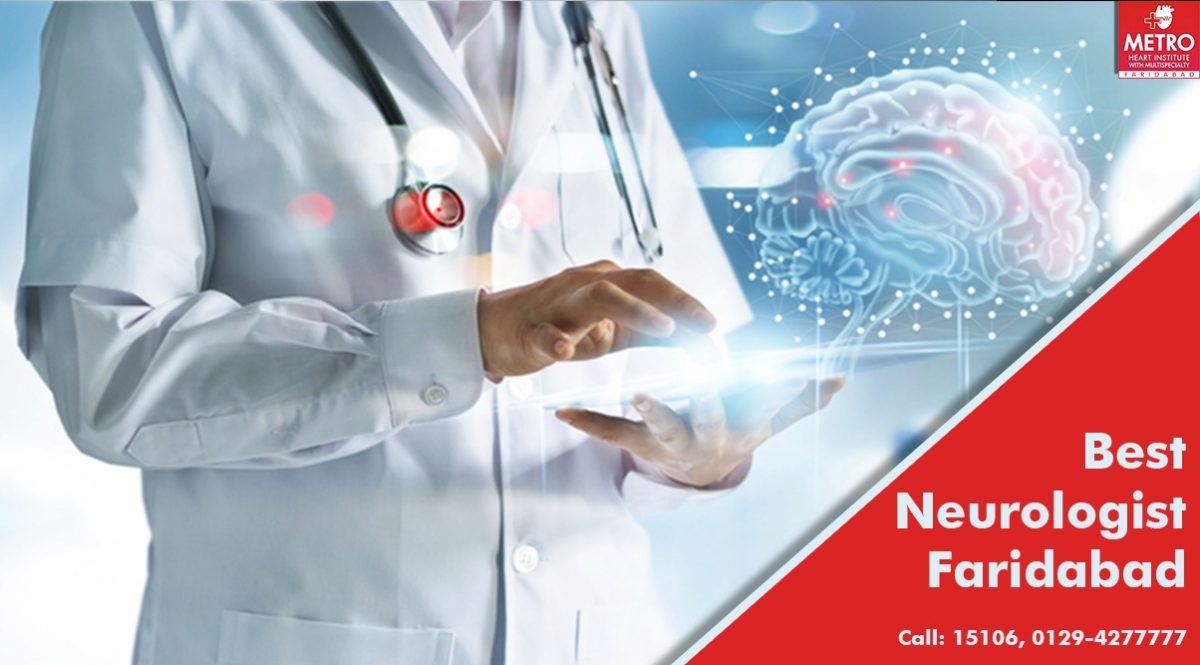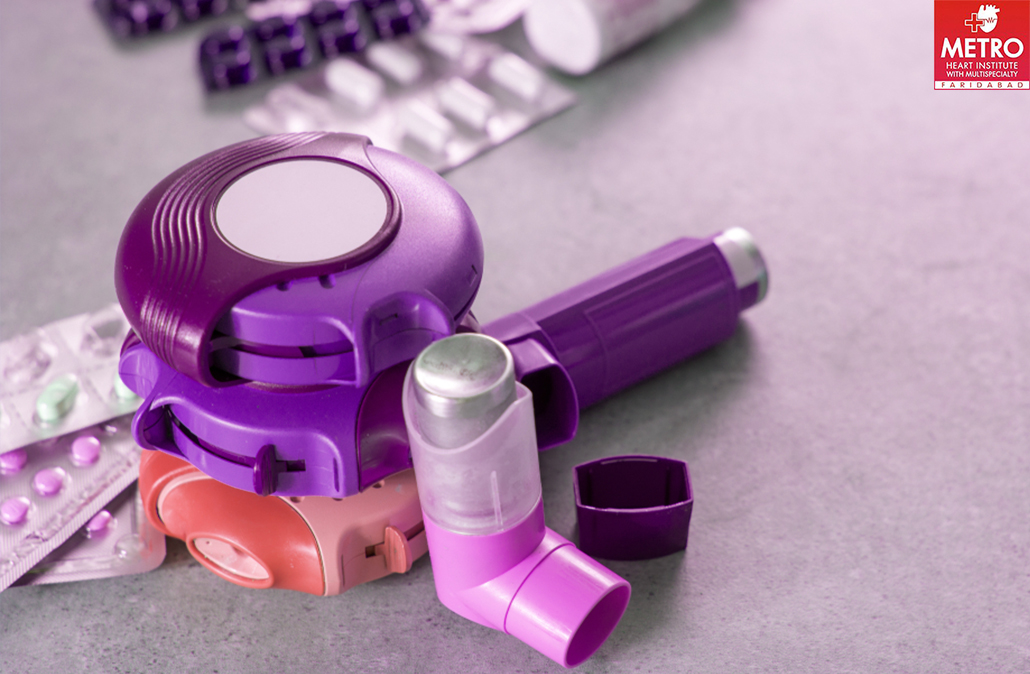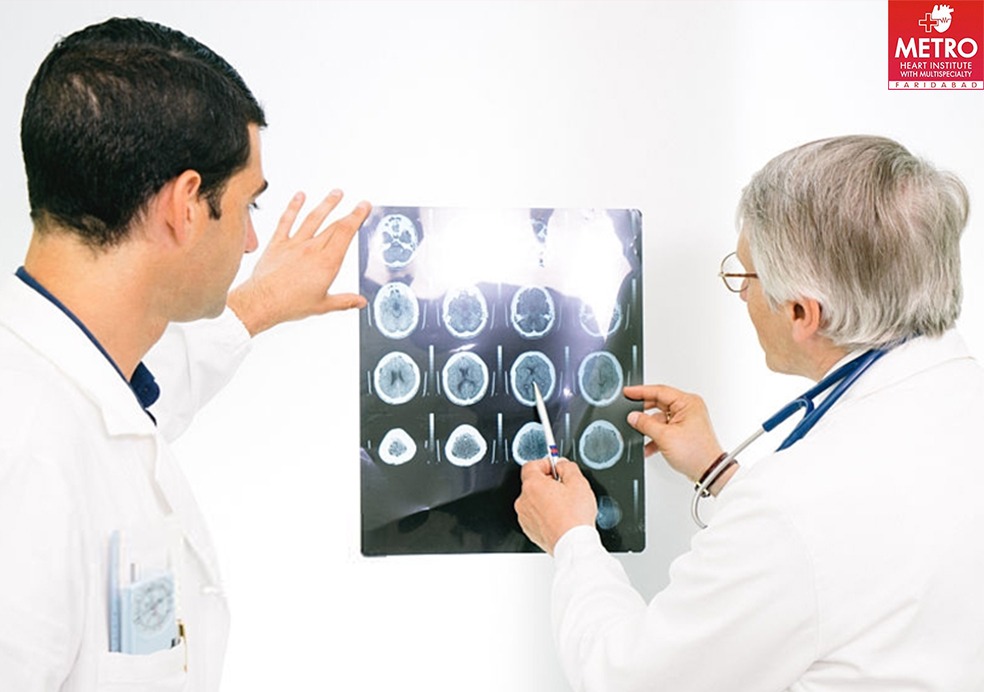
Stroke: Myths & Facts
By in Neurosciences Neurology
Jan 24, 2019
There are several myths regarding stroke and its management. Some of the myths vs facts are given below.
Myth: Stroke occurs only in winters?
Fact: Stroke occurs throughout the year, but according to some studies there is a slight increase in the stroke incidence because of increased cases of hypertension, blood tends to thicken and become stickier in extreme cold which makes it easier to clot, lack of exercise, lack of sunlight and indoor lifestyle. Also, there is a rise in blood pressure during winters especially in hypertensive, which also increases the chances of haemorrhage stroke
Myth: Stroke is a disease of the elderly, young people do not develop stroke
Fact: Stroke is not only a disease of the elderly. Stroke can also happen in young people. There are several risk factors for stroke including modifiable and non-modifiable factors. Diabetes, hypertension, family history, smoking, abnormal lipid levels etc. are the risk factors for stroke. Young people having these risk factors can develop stroke. Because of the belief that stroke does not happen in young age, they are more likely to ignore the symptoms. however one must seek the right treatment from Metro hospital, which is the best heart hospital in Delhi/NCR
Myth: The symptoms of a stroke cannot be easily recognized.
Fact: symptoms of stroke are easy to recognize. Remember the word “FAST” i.e Face, Arm, Speech and Time. The symptoms of suspecting stroke include facial droop, weakness in the arm and /or leg and slurred speech. If these symptoms are observed, the patient should be shifted to the hospital’s emergency department at the earliest.
Myth: Stroke is the same as seizure
Fact: stroke and seizure are two different neurological conditions. A stroke occurs because of reduced blood supply to the brain or bleeding in the brain whereas seizure is either a physical change or behavioural change because of abnormal and excessive electrical discharges in the brain. Seizures can occur as a result of a stroke.
Myth: Taking a tablet or aspirin can treat the stroke at home
Fact: if there are symptoms of stroke, aspirin should not be taken without asking a doctor because some people may have a stroke because of bleeding in the brain. Taking aspirin tablet can, in fact, make the condition worse if it is a hemorrhagic stroke. Medicines should not be taken without asking the doctor.
Myth: There is no treatment for stroke
Fact: Ischemic stroke (stroke due to the reduced blood supply to the brain due to clot) is the most common type of stroke. Acute ischemic stroke can be treated by giving thrombolytic agent which dissolved the clot; however, the benefit of this therapy is time-dependent. If the person reaches hospital after 4.5 hours of the onset of symptoms, the benefits are usually not seen. Time is the essence in stroke management patient should reach the hospital within the “golden period” of onset of symptoms.
Myth: Stroke cannot be prevented
Fact: Stroke can be prevented by lifestyle modifications. Control of blood pressure, blood sugar and body weight are effective measures to reduce the risk of stroke. High level of cholesterol, heart rhythm irregularities should be treated. Healthy diet (less saturated fat, trans fat, plenty of fruits and vegetables and fibres) is useful to remain healthy.
The author is Dr. Rohit Gupta, who is the best Neurologist in Faridabad working at Metro Heart Institute with Multispecialty. He has treated thousands of national and international patients and has successfully thrombolysed more than 400 paralytic patients with excellent results.







